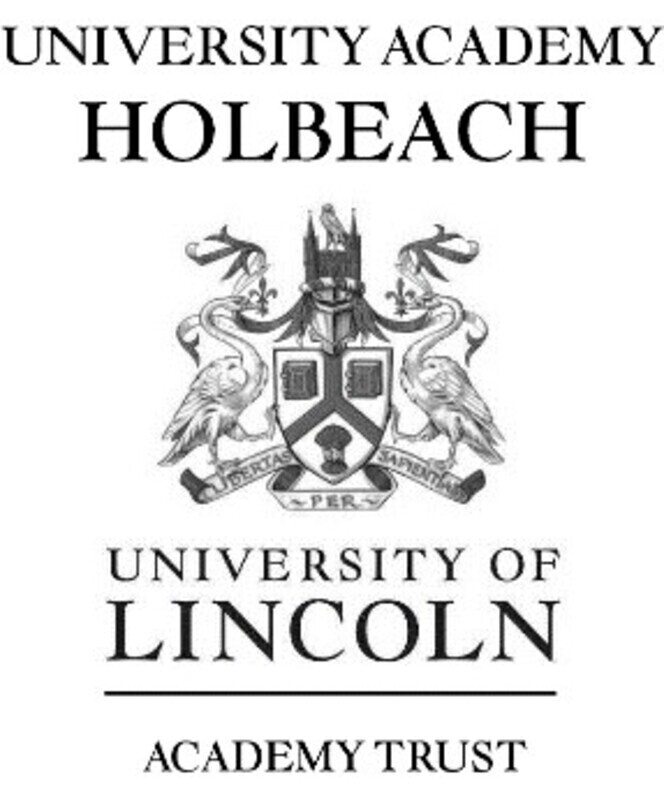
The central focus of study in this specification should be on UK society today, with consideration given to different institutions and the effect they have on individual and societal development. This course develops skills in critical thinking and consider how to respond to a range of debates writing at length to form coherent argument. This course focus on contemporary society and foster the development of critical and reflective thinking with a respect for social diversity. It must provide an awareness of the importance of social structure and social action in explaining social issues. Students must be encouraged to develop their own sociological awareness through active engagement with the contemporary social world. These specifications have been designed with the clear objective of addressing the requirements above and will encourage students to: Acquire knowledge and a critical understanding of contemporary social processes and social changes Appreciate the significance of theoretical and conceptual issues in sociological debate Understand and evaluate sociological methodology and a range of research methods through active involvement in the research process Develop skills that enable individuals to focus on their personal identity, roles and responsibilities within society Develop a lifelong interest in social issues. Education: Theory and Methods The role of Education, including its relationship with the Economy and Class The impact of demographics on attainment, and theories as to why The purpose of education, and the impact of policies and policy selection on opportunities and outcomes. Should education be about forming rounded individuals, learning for learnings sake or preparing individuals for the workplace? Families and Household and Beliefs in Society The role of the family within society Changing patterns of family life, including contemporary family and household structures The nature of childhood and demographic trends in the UK since 1900. The relationship between social change and stability with religious beliefs and organisations. The relationship between different demographics and religious organisations, beliefs and practices. Crime and Deviance: Theory and Methods Whether law and order is about social order or social control The impact of demographics on differential crime rates, and theories as to why The role of the media in reporting crime and how society perceives different crimes, including green crimes, human rights abuses and state crimes. Whether the focus of the criminal justice system should be prevention, punishment or rehabilitation of offenders.
This course is a two-year course and should be studied with alongside a minimum of three A-Level subjects. Grade 6 or above in the GCSE Subject being studied at A-Level, along with x5 GCSE's grades 5-9 (including English and Maths, unless these are being studied at A-Level).
This course is exam based and students will sit their exams at the end of their second year of study. Students will also complete mock exams as part of their assessment process throughout their studies.
About Education Provider
| Region | East Midlands |
| Local Authority | Lincolnshire |
| Ofsted Rating | Good |
| Gender Type | Co-Educational |
| Address | Park Road, Holbeach, Spalding, PE12 7PU |
The central focus of study in this specification should be on UK society today, with consideration given to different institutions and the effect they have on individual and societal development. This course develops skills in critical thinking and consider how to respond to a range of debates writing at length to form coherent argument. This course focus on contemporary society and foster the development of critical and reflective thinking with a respect for social diversity. It must provide an awareness of the importance of social structure and social action in explaining social issues. Students must be encouraged to develop their own sociological awareness through active engagement with the contemporary social world. These specifications have been designed with the clear objective of addressing the requirements above and will encourage students to: Acquire knowledge and a critical understanding of contemporary social processes and social changes Appreciate the significance of theoretical and conceptual issues in sociological debate Understand and evaluate sociological methodology and a range of research methods through active involvement in the research process Develop skills that enable individuals to focus on their personal identity, roles and responsibilities within society Develop a lifelong interest in social issues. Education: Theory and Methods The role of Education, including its relationship with the Economy and Class The impact of demographics on attainment, and theories as to why The purpose of education, and the impact of policies and policy selection on opportunities and outcomes. Should education be about forming rounded individuals, learning for learnings sake or preparing individuals for the workplace? Families and Household and Beliefs in Society The role of the family within society Changing patterns of family life, including contemporary family and household structures The nature of childhood and demographic trends in the UK since 1900. The relationship between social change and stability with religious beliefs and organisations. The relationship between different demographics and religious organisations, beliefs and practices. Crime and Deviance: Theory and Methods Whether law and order is about social order or social control The impact of demographics on differential crime rates, and theories as to why The role of the media in reporting crime and how society perceives different crimes, including green crimes, human rights abuses and state crimes. Whether the focus of the criminal justice system should be prevention, punishment or rehabilitation of offenders.
This course is a two-year course and should be studied with alongside a minimum of three A-Level subjects. Grade 6 or above in the GCSE Subject being studied at A-Level, along with x5 GCSE's grades 5-9 (including English and Maths, unless these are being studied at A-Level).
This course is exam based and students will sit their exams at the end of their second year of study. Students will also complete mock exams as part of their assessment process throughout their studies.